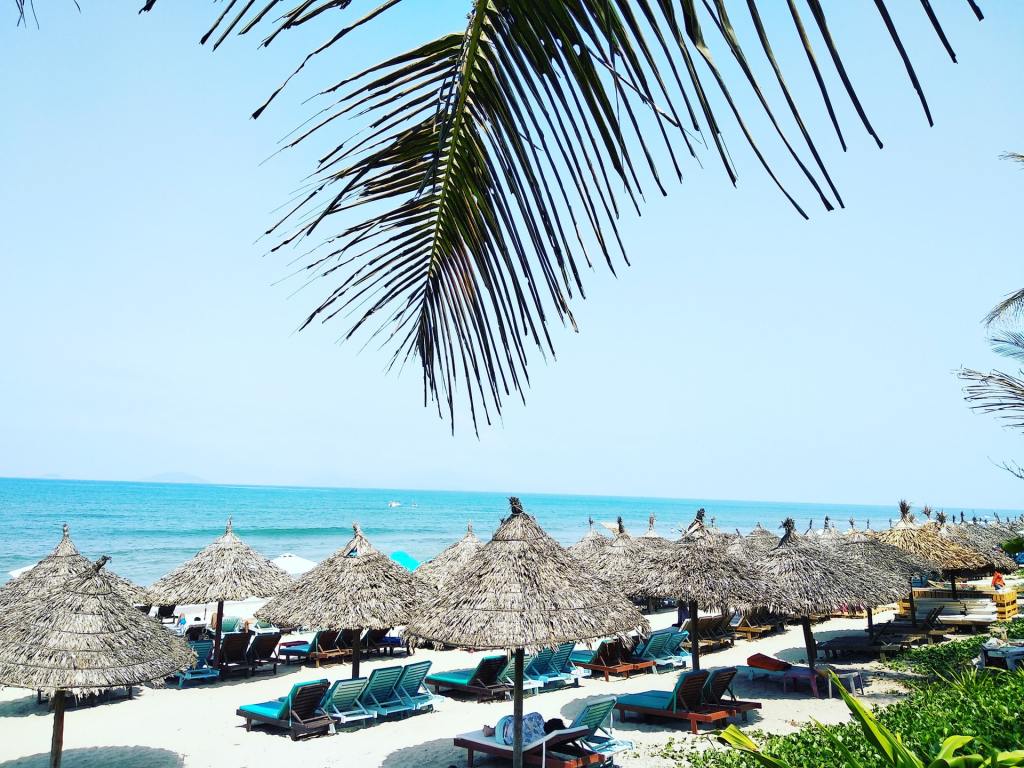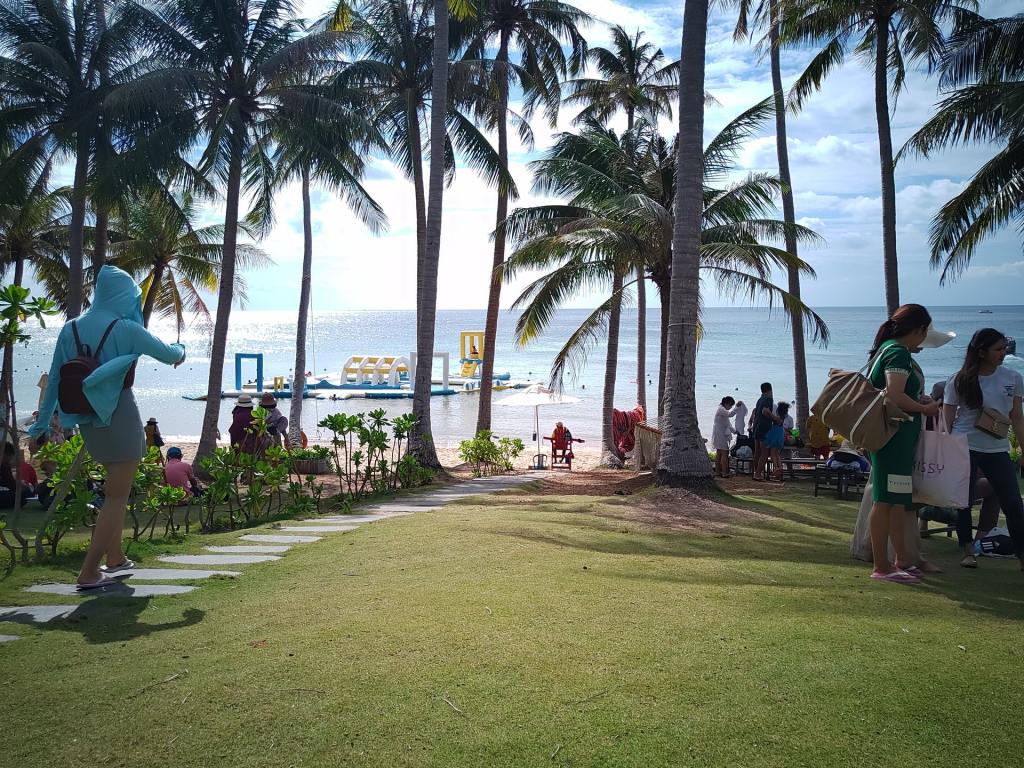
The hotel group has committed to Vietnam as part of its strategic growth plans in the Asia-Pacific, but post-pandemic, can it do it sustainably?
Radisson Hotel Group this week announced it’s preparing for a “four-fold growth of its footprint in Vietnam” with its opening of a dedicated representative office here.
The office located in Ho Chi Minh City will assist the brand with its ambitious plan to add 30 properties by 2025 which in a press release said “is part of the Group’s strategy to tap into Vietnam’s rapidly rebounding tourism industry to craft exciting new experiences for guests.”
Radisson Hotel Group currently operates four properties in Vietnam – Radisson Blu Cam Ranh, Radisson Blu Resort Phu Quoc, Radisson Resort Phan Thiet and Radisson Hotel Danang.
Radisson Hotel Group’s announcement also comes at a time when sustainable travel is disrupting the industry
There is also believed to be six more properties in the pipeline bringing the total to a planned expansion of 36 in the next three years.

This comes as attendees at the Australian Chamber of Commerce’s (AusCham) July Business Briefing Breakfast in Ho Chi Minh City last week heard from travel industry experts in Vietnam that the sector is reeling after the Covid-19 pandemic ground tourism to a halt forcing unprecedented staff lay-offs.
As a result, it’s left a void across the country of talented and experienced hospitality staff after those employed in tourism pre-Covid haven’t returned since borders have reopened for various reasons, including disillusionment with the industry and simply because they are content in the new careers they have found.
In order to give some kind of context to its impact, panel moderator at the AusCham event, Dr Nuno Ribeiro, a senior lecturer and research lead in hospitality and tourism management within the School of Business and Management at RMIT Vietnam, explained that tourism pre-pandemic in Vietnam represented somewhere between 11% – 14% of the country’s GDP, while approximately one in every 11 jobs was either directly or indirectly related to tourism.

This is also causing issues as Vietnam’s domestic tourism rebounds, leaving airports, airlines, hotels and resorts critically understaffed, in turn leading to delays and a decline in service quality.
It’s unclear as to how the Radisson Hotel Group will deal with some of these issues as some experts, including Country Manager for Vietnam and Cambodia at Qatar Airways, Wendy Vu, predict that travel globally “won’t fully resume until at least the end of 2023 or even into early 2024.”
Radisson Hotel Group’s announcement also comes at a time when sustainable travel is disrupting the industry.
The Group says it’s committed to “its corporate responsibility targets of being net-zero by 2050 and is driving eco-sensitive operations and creating sustainable experiences to help owners achieve greater efficiencies.”
This is encouraging to hear, especially as Forbes has identified three key travel trends for 2022 at the beginning of this post-pandemic era, which include sustainable travel, a desire on the behalf of travellers for authentic local experiences, and a renewed focus on catering for families.
Indeed, in a recent Bureau Asia poll, I asked followers what factors will greatly determine how the tourism sector performs in the future.
Out of 91 respondents, 36% indicated authentic experiences will be top-of-mind for travellers, while sustainability was next on 16%.
The next most important factor was ease of entry into the country and how “simple” the extension process is should international tourists wish to extend their stay.
Currently, many prospective travellers to Vietnam have voiced their frustrations online with the e-visa application process in addition to the maximum 30-day stay (depending on nationality) from the validity date of the visa before having to leave the country to renew if desired.
Nevertheless, Radisson Hotel Group’s commitment to Vietnam for the long-haul demonstrates the confidence the brand has in the country as a travel destination moving forward and bodes well for the industry, that is, providing they stick to their guns on sustainable travel while they “help to fuel the tourism rebound.”
——
Follow The Bureau Asia
Facebook | Instagram | YouTube | Linkedin | Twitter
Follow the author
All rights reserved ©The Bureau Asia
If you see this content reproduced in any shape or form anywhere other than on thebureauasia.com, then it has been used without our permission


